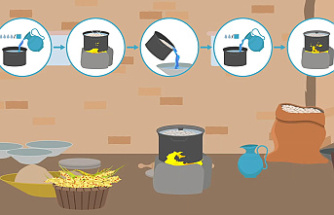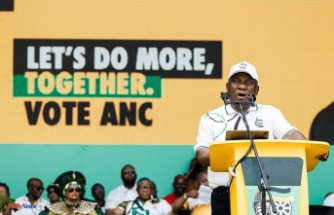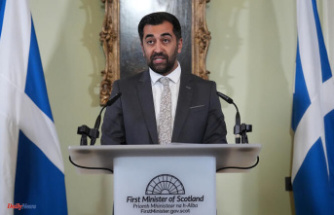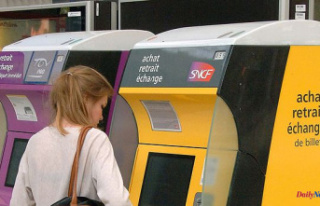New Year's Eve is often synonymous with road accidents. Especially when it falls on a Saturday, as is the case in 2016. Alcohol is often the main cause of these car accidents. Two days before New Year's Eve, two associations, Road Prevention and Attitude Prevention, are warning motorists with a campaign that wants to break down preconceived ideas about alcohol consumption in the evening. Denis Brogniart, Karine Le Marchand and Michel Cymes have already taken part in road safety campaigns against drunk driving on New Year's Eve.
If you have consumed too much alcohol, "roll the windows open, drink liters of water or coffee, take the small roads... All these little tips and tricks are not effective", declares in particular Anne Lavaud, the general delegate for road safety. The two associations have released the results of the survey "The French, New Year's Eve and drunk driving".
According to this study (carried out on the Internet between November 18 and 28, 2016 with a representative sample of 1,000 adults), most motorists who have been drinking will choose to wait a few hours before getting back behind the wheel. A "false good idea", according to the associations, which denounce a dangerous decision, "even though 51% of them are unaware of the time necessary to eliminate a glass of alcohol". It takes on average one to two hours per glass of alcohol for it to evaporate.
Anne Lavaud specifies that this year, the situation is particular: "We combine New Year's Eve and the weekend, an accident-prone configuration". Already in 2011, New Year's Eve fell on a Saturday evening. "This configuration had generated 28 deaths whereas, for example for New Year's Eve in 2014 which fell on a Wednesday, there were 12 deaths", continues the general delegate of Road Prevention interviewed by France Info.
She adds that the climatic conditions (cold and icy, mainly in the east of the country) are not favorable to road traffic either. According to Patrick Jacquot, president of Attitude Prévention, "89.4% of people questioned for the study said they wanted to drink alcohol, and 62.8% of them thought they would drink three or more drinks". He adds that one in three French people would have already attended, during a New Year's Eve, at the departure of a driver who had drunk too much.
According to the survey, only a third of respondents (38%) have made "special arrangements to organize their return, or that of their loved ones". The associations recommend that revelers sleep on site, designate a "Sam", an "evening captain" who will not drink and bring the others back or choose to "go home with a professional (VTC, taxis, public transport) ".
In Paris, and in other major cities in France, part of the public transport will operate all night. In the capital, ten train and RER lines, as well as six metro lines and numerous bus lines will continue to operate beyond the usual service. In Ile-de-France, public transport will also be free from December 31 at 5 p.m. to January 1 at 12 p.m. As a reminder, in 2015, 3464 people were killed on the roads. Alcohol was involved in a third of fatal crashes.












